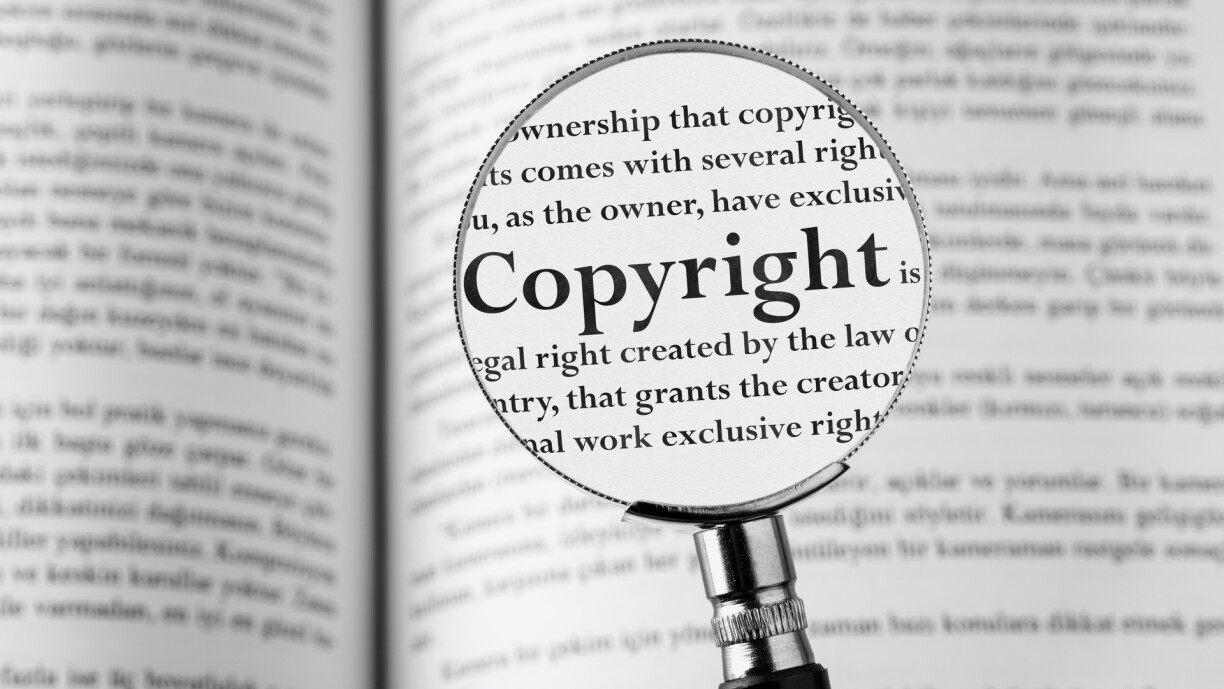
But the plagiarism case involving artist Jeff Dieschburg, has highlighted some of the questions regarding the state of copyright laws in Luxembourg.
In a landscape of accelerated globalisation, as well as the rise and commodification of the creative industry, you would probably (and rightfully) assume there is some sort of international copyright law to protect artists worldwide.
But you know what they say - assumptions are a dangerous thing to make. And even the tiniest mistake could land you in some terrible trouble.
Copyright is defined as a right over intellectual property that aims to protect an author’s original and tangible works. It is granted by law to authors of literary, dramatic, musical and any other artistic work, including cinematography, production and sound recording. In practice, this refers to a set of rights including the reproduction, communication, adaptation and translation of a given work.
Unfortunately, though, there is no such thing as an international copyright law. Each country creates its own laws, and depending on where you are from these will differ. In general, copyright usually lasts until 50 to 70 years after the death of the author, and there is no obligation of payment for the renewal of the rights. The starting point of this period depends on the category of the work in question, hence it can be the first performance, publication, communication or transmission of the piece.
So what’s the situation in Luxembourg? The section on copyright on myguichet.lu was last updated 5 years ago. It states that “copyright refers to all the rights granted to creators for their literary or artistic works upon creation” and that authors “do not need to carry out any registration formalities"; they are only required to be able to “prove the date of creation of their work”, as they are all “automatically protected by copyright”. To be protected by such copyright the work needs to have “sufficient original character” and “concrete shape”.
The general regulations on copyrights in Luxembourg are mostly handled by the Benelux Office for Intellectual Property (BOIP), which is the official body for the registration of trademarks and designs in Benelux. It offers the possibility to formally record the existence of ideas, concepts, design prototypes, etc. There are also collective management organisations that grant licenses for a fee and act on behalf of the copyright owners:
SACEM Luxembourg (society of music authors, composers and publishers) manages the rights on audio works
Luxorr (Luxembourg Organisation For Reproduction Rights) manages the rights of authors and publishers of literary and similar works
Algoa (Luxembourg Association for the management of audiovisual works) manages the rights on audiovisual works
AGICOA EUROPE (Association for the collective management of audiovisual works in Europe) manages audiovisual works
As good and proper as all of this sounds, we should question whether all of this legislation isn’t simply too vague. The information provided for the general public focuses mostly on the ‘automatic’ nature of protecting authorship and highlights how Luxembourgish citizens can record their ideas for a paid fee.
However, that leaves us with a lot of unresolved ambiguity, which - let’s face it - quite often accompanies copyright cases. This means that authors can automatically hold rights to their work, but, in practice, if someone plagiarises it they don’t have much legislative substance to hold onto.
In addition, there are no regulations on how copyright infringement is handled internationally, which results in a lot of distress for authors who have had their work stolen abroad.